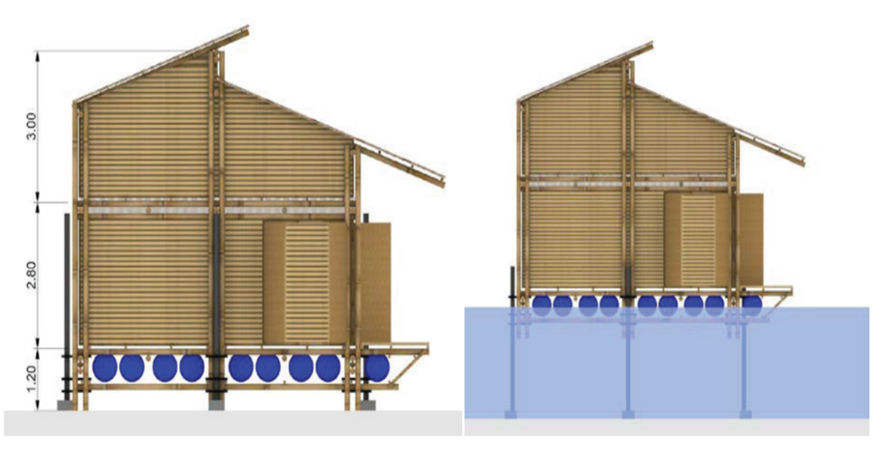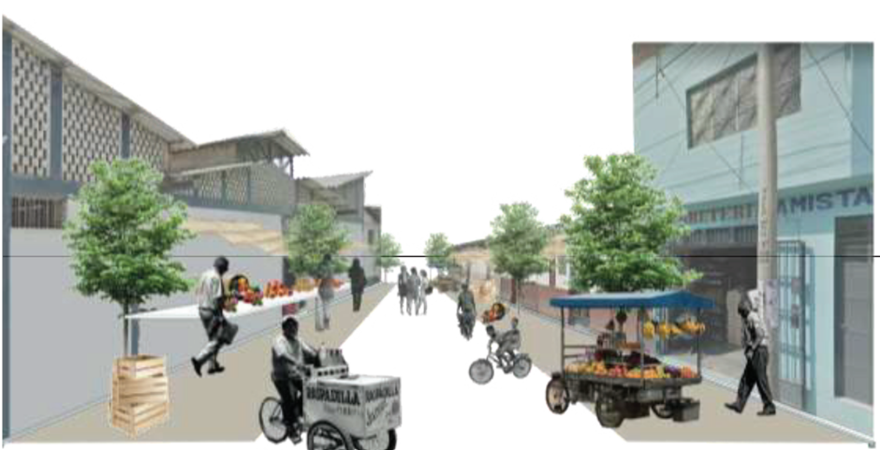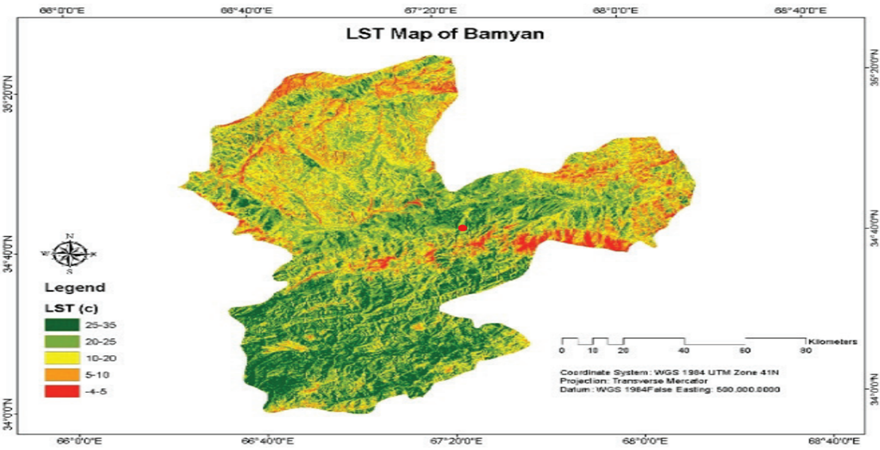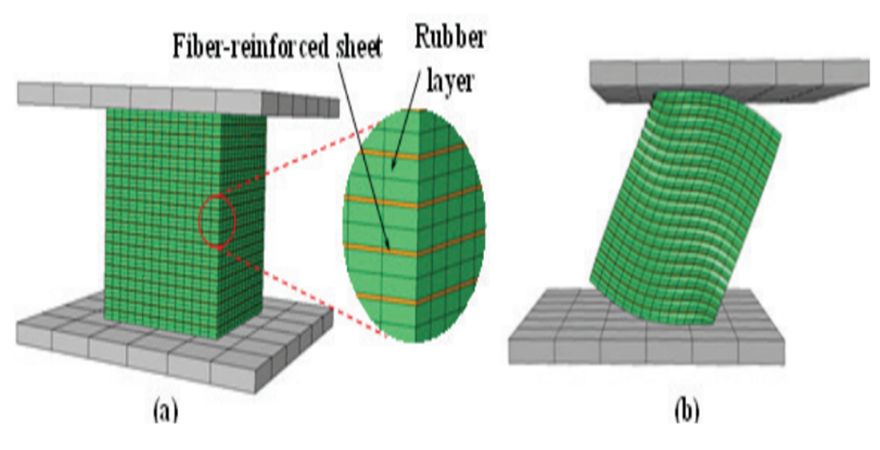- +91-11-4044-5999
- info@cdri.world
-
Copernicus Marg, New Delhi, INDIA
.png)
Risk-informed school evaluation tool (RISE tool)
Mr Vipul Kumar Nakum
Resilience Innovation Knowledge Academy India Private Limited, India
Mr Saki Isetani, Ms Hanae Soma
Graduate School of Media and Governance, Keio University, Japan
Abstract: Schools are the centres accommodating a highly vulnerable group, the children. These institutions must be in safer regions, as they are the second home to the users and part of the critical infrastructures. The Asia Pacific Report of 2019 suggests that investments in the educational sector can empower students and is a crucial entry point for breaking the link between poverty and disasters in the long term. Asia has experienced multiple hazards and cascading risk patterns associated with climate change in the last decades, with statistics suggesting around 200 million affected children every year. Conventional school selection in Asian countries such as India is driven by the factors including academic programmes, curriculum and staff quality with less thrust on safety and disaster risk management issues. Lessons from past calamities such as the Gujarat Earthquake of 2001, the 2011 East Japan Earthquake and the Tsunami point out the need to give equal weightage to risk-informed school selection along with school curricula to safeguard the life of school students and prevent disruption in school education. Indian cities have grown inherently, and the growth has resulted in poor choice-making. India has witnessed many school-related accidents that have taken the lives of hundreds of innocent children. The National School Safety Policy (2016) points out a disconnect between education programmes and disaster response and preparedness, which raises concern. These issues must be addressed, and the incidents be regulated for liveability. Presently, there are no available indices to understand the school infrastructure’s vulnerability and address the innate academic quality, which affects the decision-making and policy planning. The study aims to address the present gap, whereby significant studies are encouraged to understand the composite risk patterns surrounding them and promote sustainable models. The study’s methodology involves a theoretical literature review of significant case studies on the themes: parental school selection and school disaster resilience. The indicators derived on both themes were then systematically finalized using the Delphi survey method and fed into the matrix to devise the Risk Informed School Evaluation (RISE) tool. The goal of the study is to promote interventions in the conventional school selection process and check the level of awareness and preparedness towards disaster risk management in one of the key critical infrastructure, i.e. school, and adding to the promotion of sustainability and resiliency through the application of the derived tool.
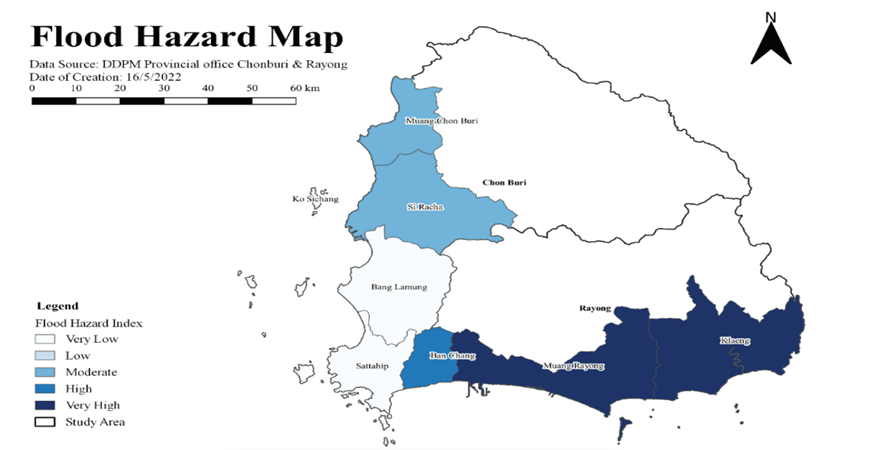
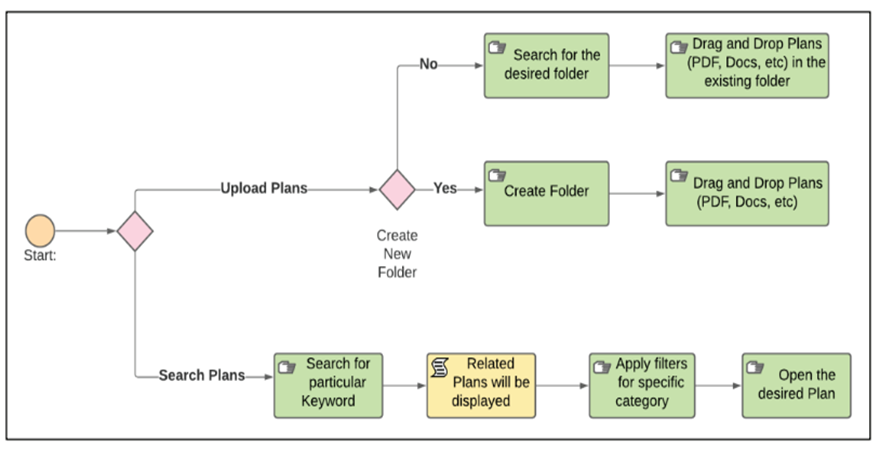
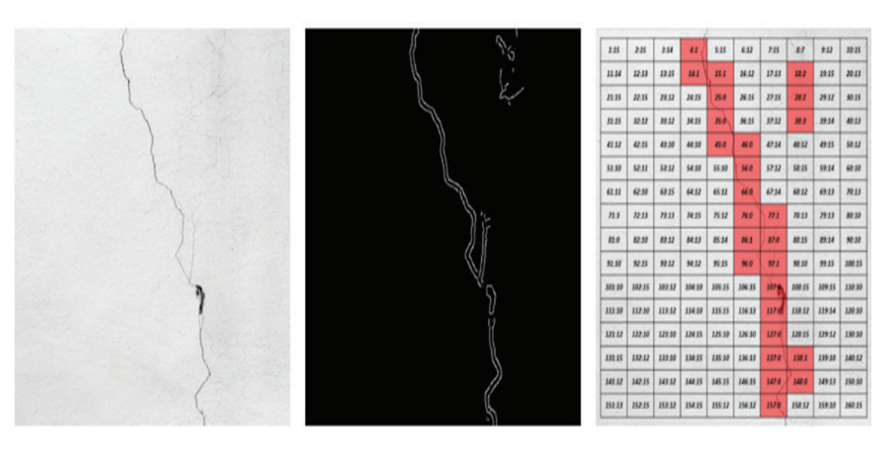
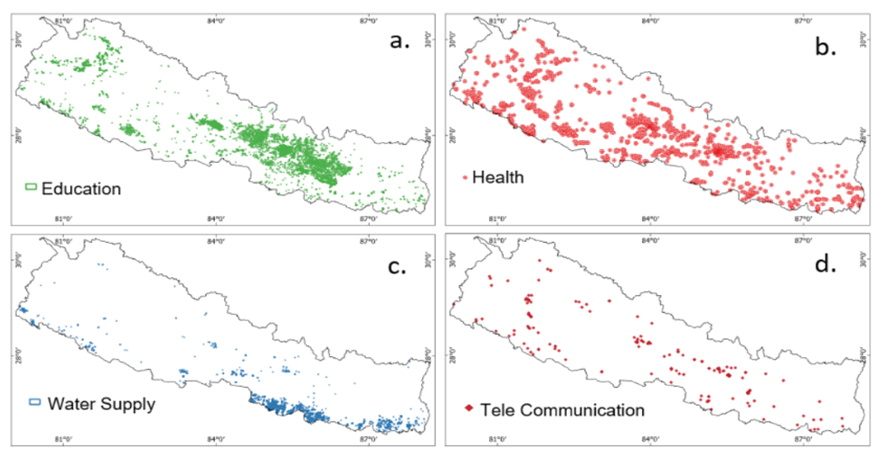
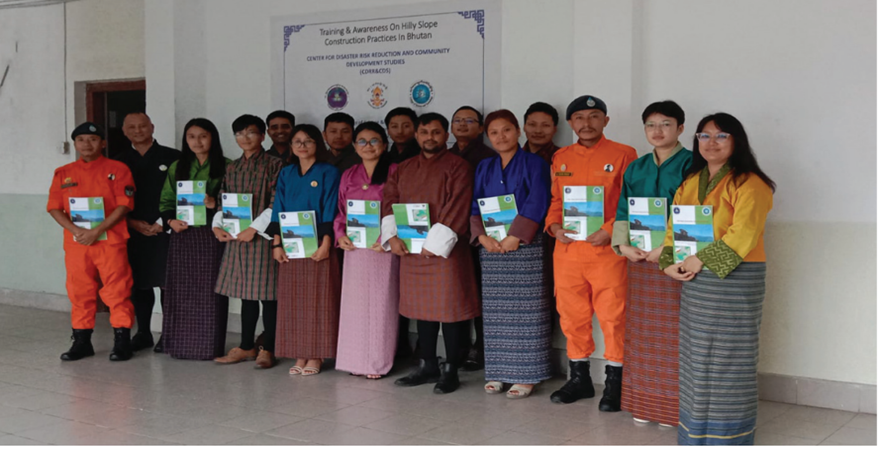
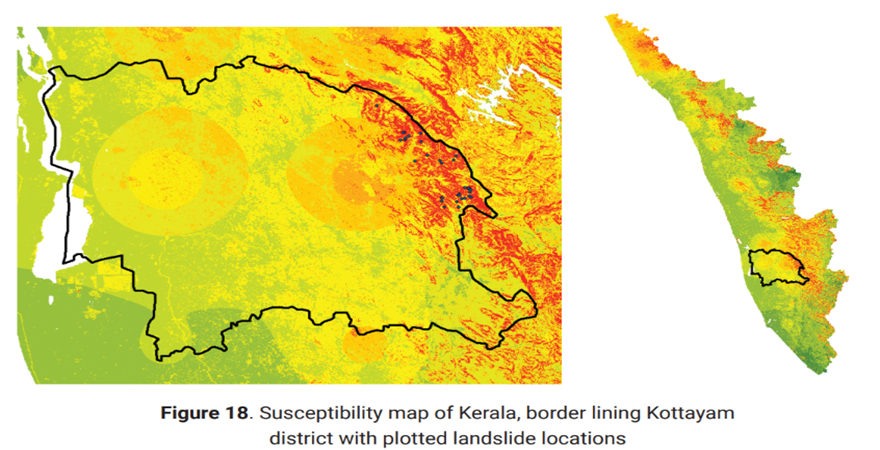
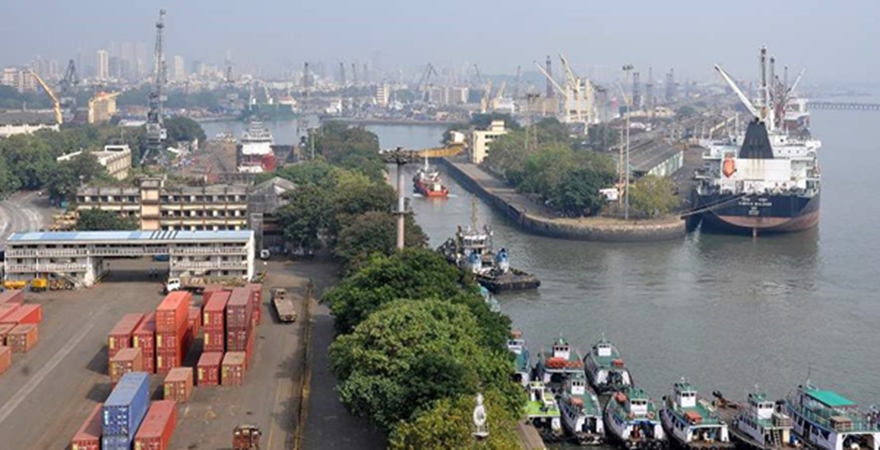
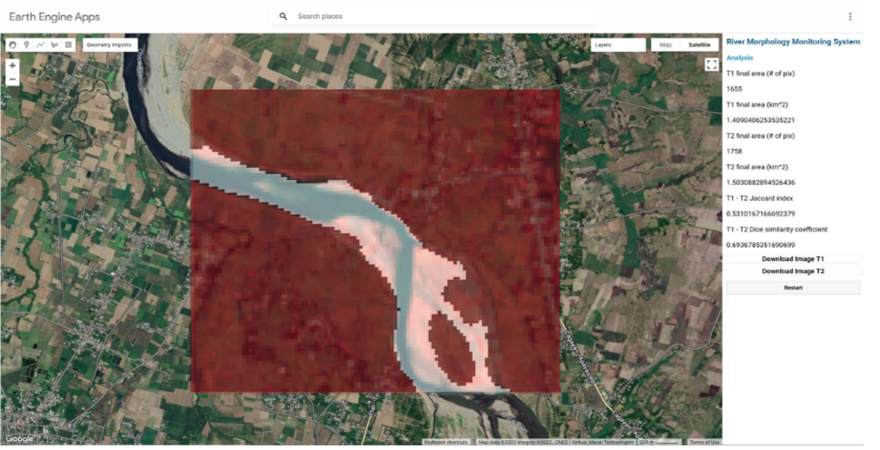
.png)
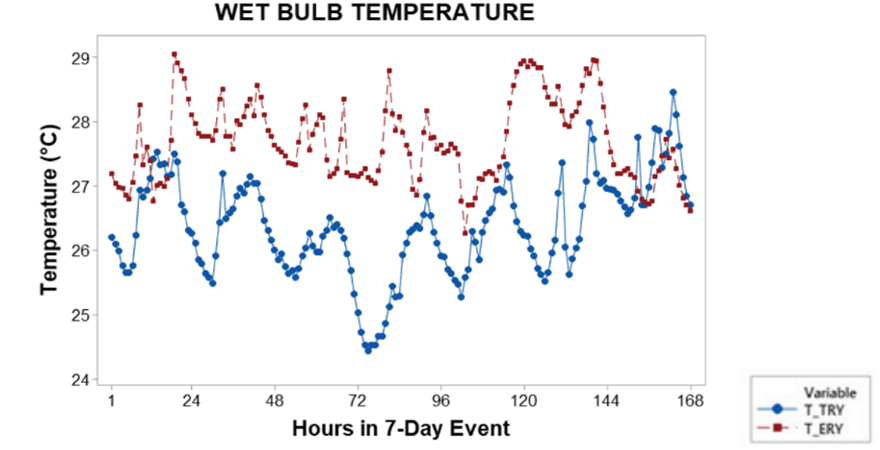
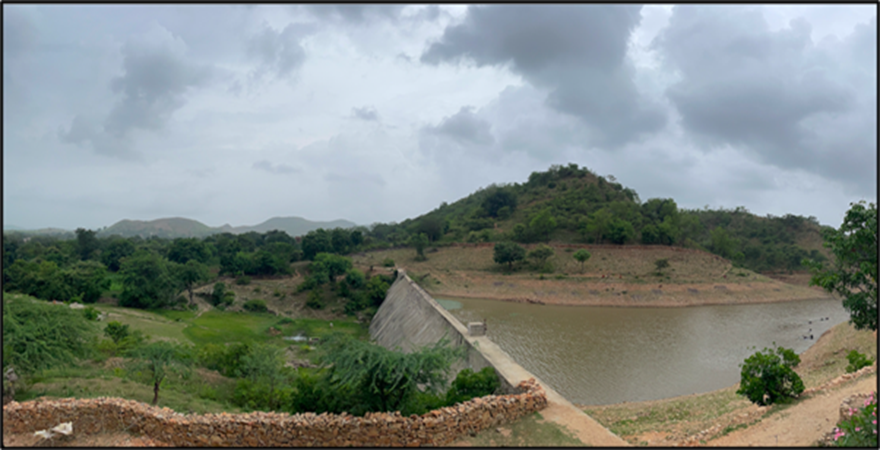
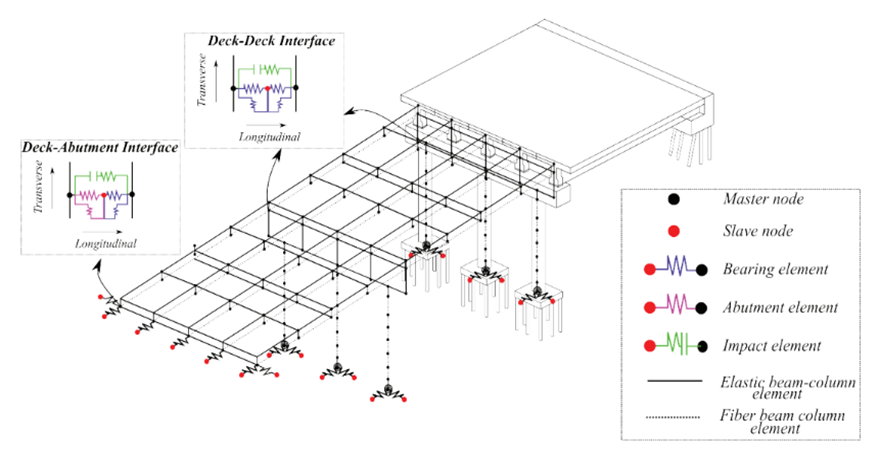
, nepal.png)

